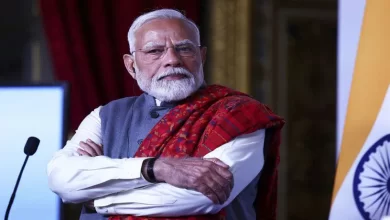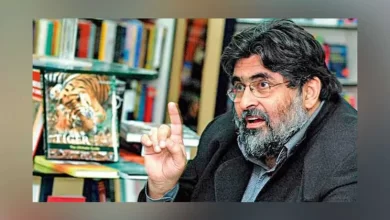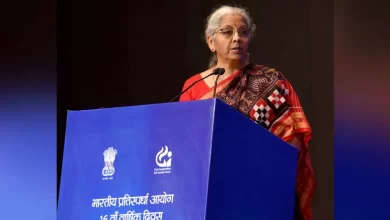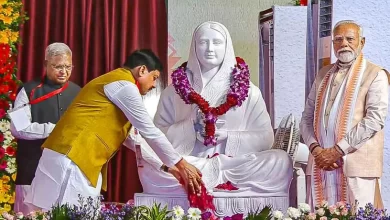OPINION

Edit | In UP, the law must prevail
Uttar Pradesh Chief Minister Yogi Adityanath.
The murder of two persons who were in judicial custody when surrounded by policemen in full view of the media is a reflection of the law and order situation in Uttar Pradesh, India’s most populous state. That they were former legislators — one was a former MP — and were accused of heinous crimes make little difference as the cheerleaders of jungle raj would propose.
When the law ceases to operate, it will be a free-for-all; whether they are state actors, or those who act at the behest of the state or independent actors hardly matters. The criminals in UP are so emboldened that they can shoot people in a police ring; they are unmindful if their act goes live on TV. They care two hoots for the law and normal practices of the democracy.
The Yogi Adityanath government in Uttar Pradesh has made it obvious it has very little respect for established procedures of the law and the Constitution which protects the citizen, whoever he is, against the state’s highhandedness. It has made encounter killing a state policy and the police are on record stating that it conducted more than 10,000 encounters in the last six years in which they killed 183 people.
Criminals entering politics is not new in Uttar Pradesh; in fact it has a long history influenced by social-political churns. According to the Association for Democratic Reforms, an organisation which keeps track of the criminal antecedents of legislators, 205 of 403 members here have criminal cases against them and 159 among them have heinous and serious crimes such as those related to murder, attempt to murder, kidnapping and crimes against women registered against them.
The judiciary has direct responsibility of the people under its custody and hence it cannot leave it to the state government to come out with the truth behind the murders of people in judicial remand. The constitutional courts in the country must either wake up to this ‘new India’ before it is too late or watch more governments short-circuit the law.







